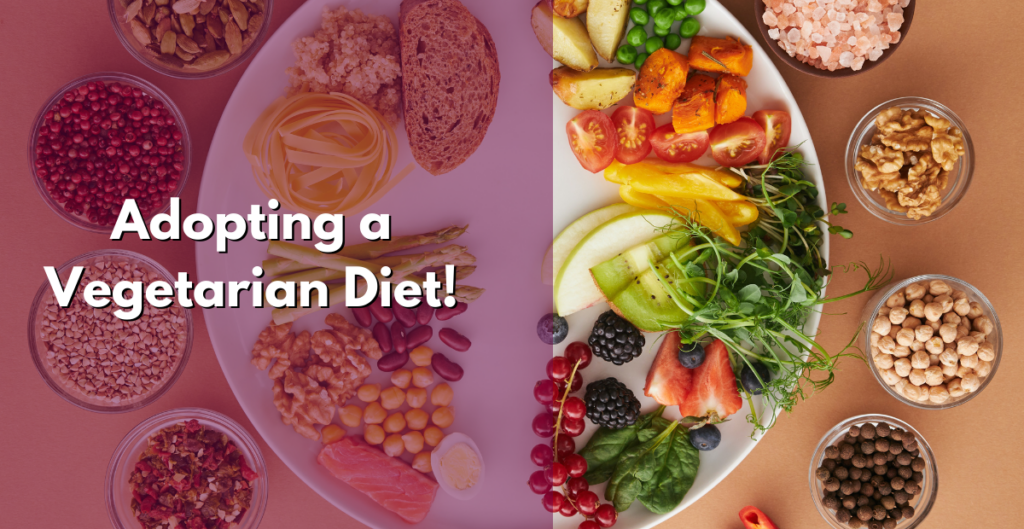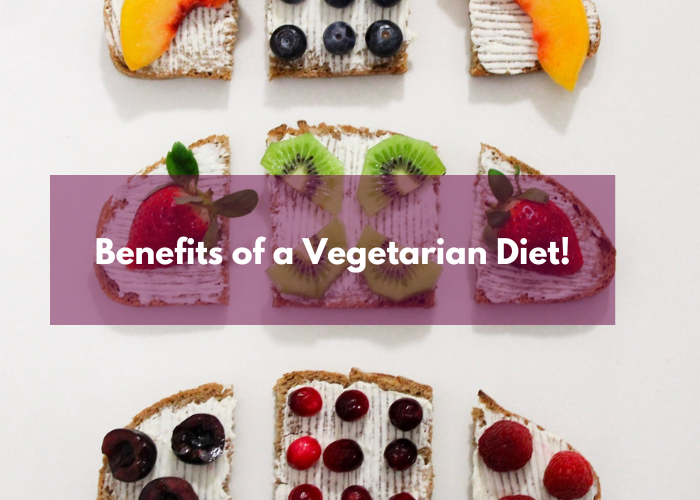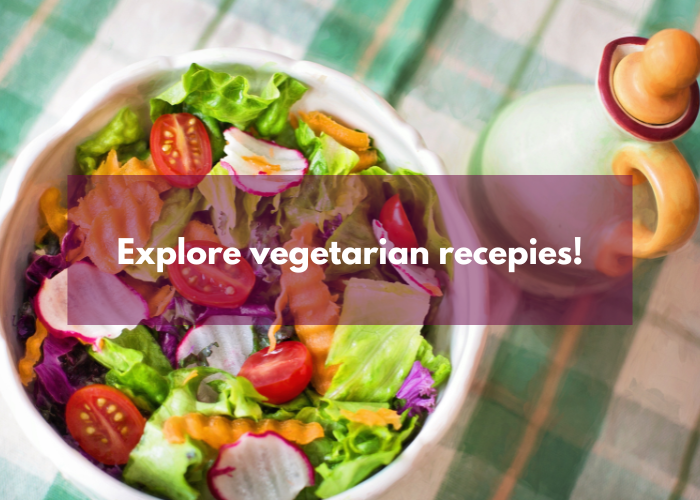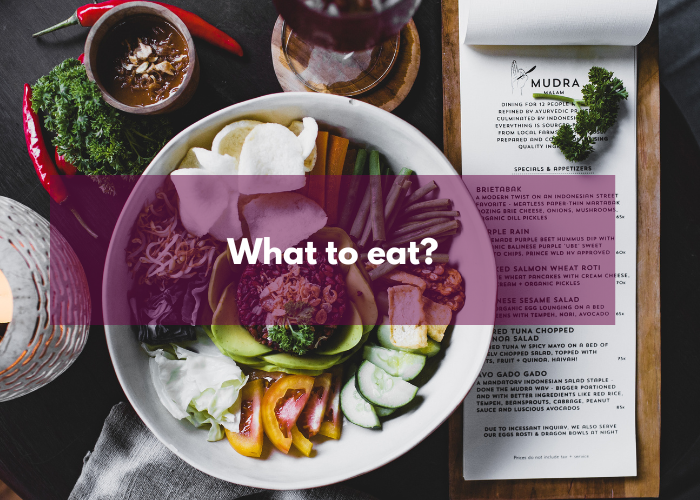Are you turning vegetarian? Do you want to know how to shift to vegetarianism? Here we have brought you the beginner’s guide to adopting a vegetarian diet.
It will help you adopt a healthy vegetarian diet so that you will never look back on your meat-related foods.
Read now!
Vegetarian Diet:

Many talks and awareness drives are taking over the world to adopt plant-based food. A vegetarian diet is the healthiest form of diet you can have, and that too guilt-free.
Yes, it might be your love for animals and your environment or a passion for living sustainably, or some religious issues. Adopting a vegetarian diet is the best you can do for your health.
It is not easy for a non-veg person to adapt to the vegetarian culture.
So, have a glance at this article. It will ignite you more to adopt plant-based diets.
Benefits of a Vegetarian Diet:

If we talk about the benefits, these would never be ending. But, for your encouragement, read some key benefits given below.
- Healthy guilt-free eating
- Strong bones and muscles
- Can aid in weight loss
- Rich in fiber
- Rich in antioxidants
- Good at digestion
- The best diet for our environment.
- Improves your heart’s healthiest
- May prevent cancer
- Healthy blood sugar levels
Turning Vegetarian? Follow the beginner’s guide to adopting a vegetarian diet.
It is not easy to turn vegetarian, especially once youadoreg non-veg food.
Read ahead. Some simple steps that will help you in keeping your goal. By following this guide, I bet you can adopt a vegetarian diet comfortably.
Here we begin.
Keep in mind that it will happen gradually:
The first thing to keep in mind is that transition takes time. You have to make yourself comfortable at every step. Whatever you are having, try to adopt and adore it.
Gradually leave all your favorite non-veg foods. Remember, ‘Rome was not built in a day”.
Keep consistent and committed:
Indeed consistency is the key to achieving any success. So, keep on working to adapt a new vegetarian food daily to your diet.
Do not let your tongue control your commitments. Slowly but steadily, you will win this race!
Learn more about a vegetarian diet:
Keep your mind full of good thoughts about vegetarian diets. It will only give you benefits.
Read more blogs, and magazines about plant-based food. These will push you more in your journey.
Don’t be scared of carbs:
Even if the carb content is higher in some vegetarian food, it is less harmful than in non-veg foods.
We tend to eat high carbs in the form of bread with non-veg food.
In fact, the carbs from potatoes are healthy enough and give you energy for the whole day.
Do not concern more about Protein intake:
Plants do have protein. A vegetarian diet can fulfill your protein needs very well. So, ignore the myth that vegetarians are protein deficient.
Believe me. These long-held beliefs that vegetarians and other plant-based eaters can’t possibly get enough protein are untrue. For example, plants contain protein superior to animal protein because it also contains fiber.
A single chicken wing has no fiber and nearly the same amount of protein as the half-cup meal of black beans, which are high in fiber.
Don’t stress about consuming enough protein.
You can use beans for meat:
You can use beans for meat. It can become easily replaceable.
There are many benefits to all beans. They’re stocked with fiber and plant-based protein, two essential elements that make you feel full,
Remember,
“The more beans you eat, the more soluble and insoluble fiber you’re going to get, and the more naturally occurring antioxidants you’ll consume.” – Caspero
Beans will not only naturally increase your health but also aid in minimizing the risk of chronic disease. And fiber, a sort of non-digestible carb that makes you feel full after a meal.
Adding more beans can aid in preventing constipation and also plays a part in the prevention of type 2 diabetes and heart disease, which is a crucial component in this situation.
Carrying fiber makes them excellent when you are on your weight loss journey.
Use Faux meat if you crave:
Faux meat products have made it simpler for vegetarian beginners to give up the genuine thing because they are available worldwide.
However, it would help if you were mindful while consuming faux meat.
Don’t eat the same way you did when you were eating meat.
Make sure that most of the food on your plate consists of whole, minimally processed plants, advises Feller.
This is because sometimes, these are highly processed and salty. So, satisfy your taste buds only as these are the perfect replacement for meat tastewise.
Join some vegetarian groups:
This can be a milestone and help you to carry on your vegetarian journey. Make some vegetarian friends.
Hang out with them to explore vegetarian food.
Your mind and taste buds will be grateful to you.
Explore vegetarian recipes:

Believe it or not, vegetarian diets are flexible and tasty. So you need to explore some recipes and try them well.
Stay consistent and keep looking for vegetarian options; you will succeed.
Include whole grains:
To enjoy wholesome vegetarian meals, you must include whole grains.
New vegetarians might start filling that space on their plates with tasty carbs now that meat portions no longer make up half of it.
While occasionally enjoying a sour-dough slice or bowl of pasta made from white flour is perfectly fine.
However, try to use unprocessed grains like buckwheat and oats instead of cereal in breakfast because they contain more fiber, protein, and vitamins than refined grains.
Becoming a vegetarian! What to eat?: A perfect vegetarian diet plan:

What should the healthy vegetarian diet plan look like:
Well, it is a very vast topic, but here, I am guiding you on what to include in your diet while turning a vegetarian.
It must include fruits, vegetables, grains, healthy fats, and proteins. Also, include a variety of protein-rich plant foods like nuts, seeds, legumes, tempeh, and tofu in your diet to replace the protein meat provides.
Consuming nutrient-dense whole foods, such as fruits, vegetables, and whole grains, can give you access to crucial vitamins and minerals, helping to make up for any nutritional deficiencies in your diet.
A healthy diet for a vegetarian must include some of the following:
Vegetables:
Leafy greens, broccoli, tomatoes, carrots, beetroot,
Fruits:
Apples, strawberries, kiwi, bananas, pear, papaya, berries, watermelons, pears
Nuts:
Almonds, walnuts, chestnuts, hazelnuts, raisins
Grains:
Oats, barley, Quinoa, buckwheat, rice
Proteins:
Tofu, natto, nutritional yeast, spirulina, dairy products, Cottage cheese, tempeh
Legumes:
Lentils, chickpeas, beans, peas
Seeds:
Chia seeds, flax seeds, pumpkin seeds, sunflower seeds, melon seeds
Healthy fats:
Olive oil, avocados, Clarified butter
Bottom Line:
Turning vegetarian doesn’t demand compromising on your taste buds. The right combination of vegetarian meals is more satiating than the no-veg can ever be.
Try out the points given in the guide and be a proud vegetarian.
“It is my view that the vegetarian manner of living, by its purely physical effect on the human temperament, would most beneficially influence many of mankind.”
― Albert Einstein